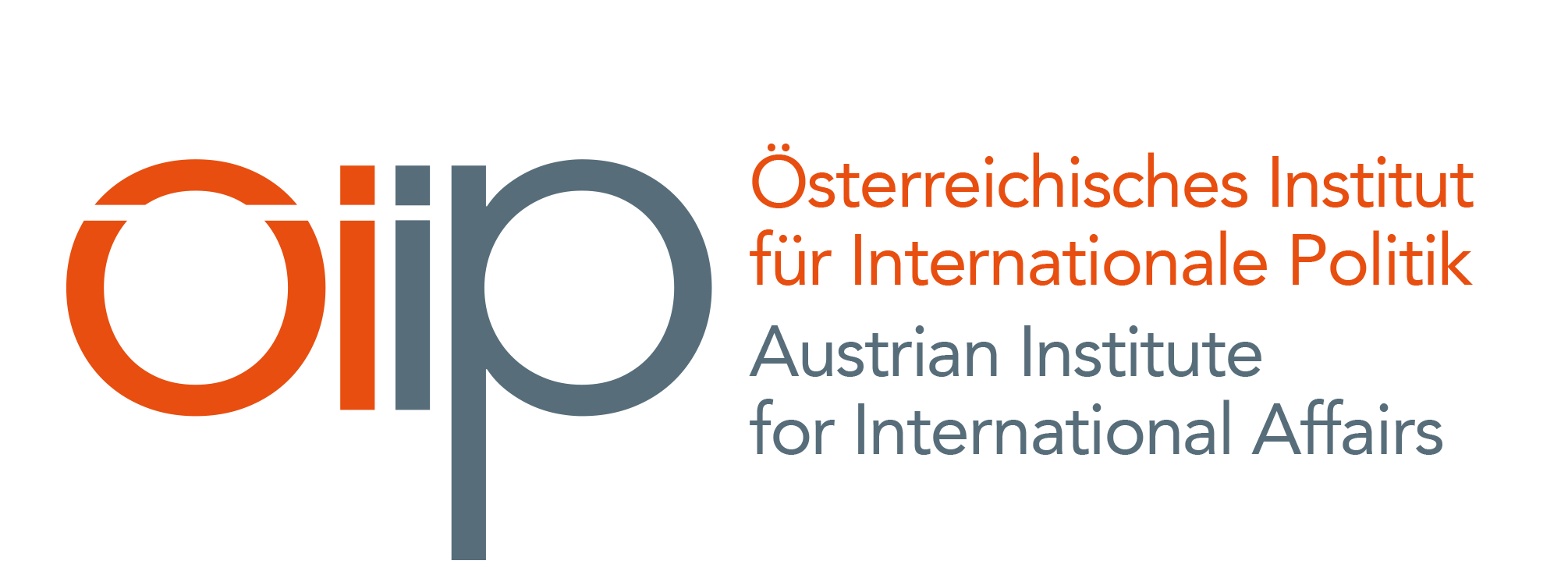Can (Accelerated) EU Enlargement Work?
04 December 2025 4:30 pm CET
Panel discussion in the context of the wiiw-oiip seminar series 'Europe in a Fragmented World: Geo-economic and Geo-political Dynamics'
In cooperation with:
Venue
The Vienna Institute for International Economic Studies (wiiw)
Rahlgasse 3
1060 Vienna
Seminar room (entrance from the ground floor)
Description
Due to increasing geopolitical pressures, the next round of EU enlargement – encompassing the Western Balkan countries, Ukraine and Moldova – may need to proceed more quickly than usual, at least for some candidate countries. This seminar will examine what an ‘accelerated’ enlargement process would involve, focusing on both economic and political considerations.
In this Episode of our Europe in a Fragmented World: Geo-economic and Geo-political Dynamics Series*, we will discuss which economic requirements must be addressed to make accelerated enlargement viable, and what lessons can be drawn from previous EU accessions. (See the recent wiiw Policy Note Another Round of EU Enlargement – What Are the Economic and Institutional Must-Haves for Candidate Countries to Make Accelerated Enlargement Possible?)
We will also explore the main political obstacles likely to arise—both within candidate countries as they work to meet accession criteria, and within the EU itself. How do conditions differ across candidate states, and how do the interests of current member states shape the process? Finally, if some countries progress faster than others, what will the implications be for those that fall behind?
Bringing together political scientists and economists, this seminar series aims to shed light on the key challenges that the next enlargement round is likely to face.
Panelists
Stefan Lehne (Carnegie Europe), Vedran Džihić (oiip), Michael Landesmann (wiiw), Branimir Jovanović (wiiw) and Olga Pindyuk (wiiw)
*The seminar series, titled Europe in a Fragmented World: Geo-economic and Geo-political Dynamics, jointly organised by the Vienna Institute for International Economic Studies (wiiw) and the Austrian Institute for International Affairs (oiip), aims to analyse geopolitical and geoeconomic trends and their impact on Europe’s future from an interdisciplinary perspective. The series seeks to contribute to the ongoing debates on how to reposition Europe within an increasingly politically unstable and economically competitive international system.